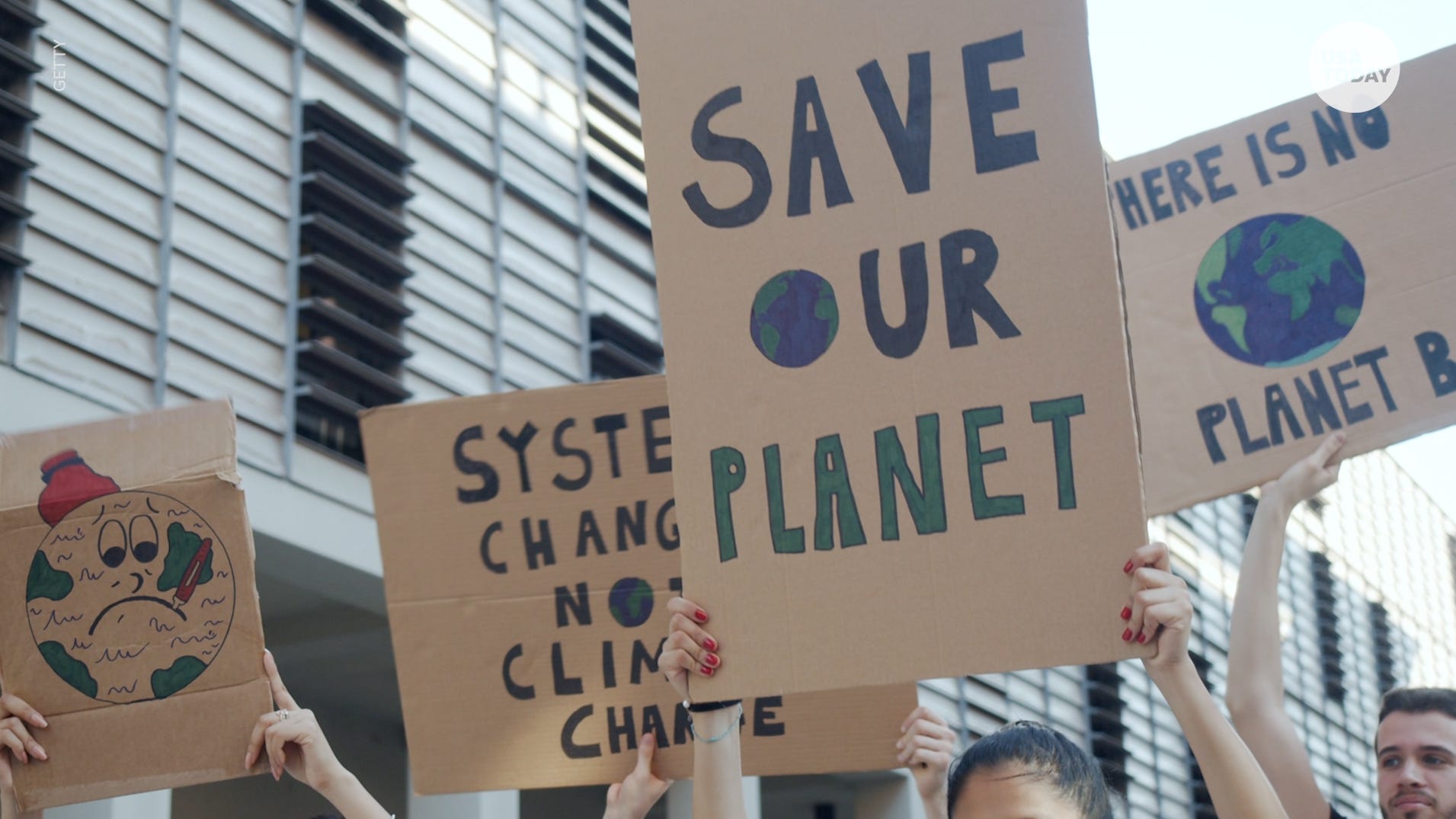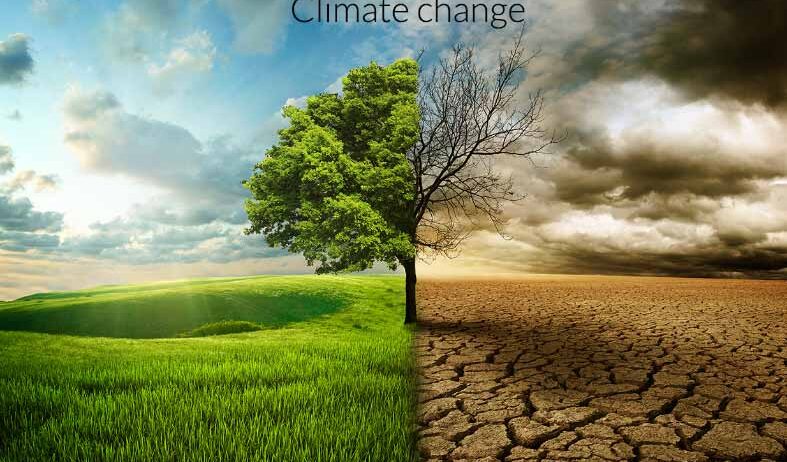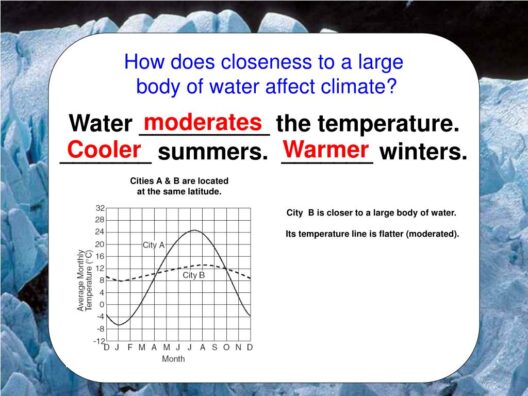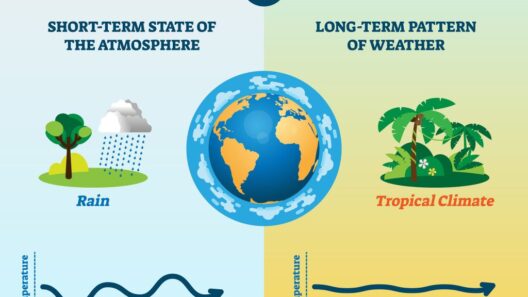Climate change is not just a distant problem for our future; it is a pressing issue confronting us today. As we grapple with its effects, a question arises: what can we do to alleviate the looming specter of environmental degradation right now? The challenge lies in the multiplicity of our choices and the cumulative power of individual actions. Are you ready to take on this challenge? Let’s delve into concrete steps that each of us can take in a sprightly pursuit of mitigating climate change.
To begin with, understanding the scope of our personal impact is paramount. Each day, choices we make—from the products we buy to the energy we consume—aggregate to form a significant environmental footprint. Therefore, embracing sustainability in our daily lives is a critical first step. For example, consider adopting a plant-based diet. Research demonstrates that reducing meat consumption can significantly lower greenhouse gas emissions. By substituting even a single meal per week with plant-based options, individuals can collectively make a measurable difference in reducing the climate crisis.
Next, let’s explore the realm of transportation. The sheer exhilaration of a road trip or the convenience of individual vehicle ownership is enticing, but the carbon emissions are an invisible price we pay. One immediate and playful challenge to consider is the “car-free week” initiative. Can you forgo your car for just one week? Opting for public transport, cycling, or even walking not only decreases carbon footprints but also promotes a health-conscious lifestyle. It is about pacing ourselves and appreciating the journey much like we savor a good book, filled with intriguing twists and turns along the way.
However, altering our mobility is not solely about personal decisions. Advocacy for sustainable infrastructure can amplify our efforts. By engaging in local community initiatives aimed at improving public transport systems, bicycle lanes, and walkable neighborhoods, we can influence a shift in how civilizations operate. Civic participation fosters a collective consciousness that champions sustainable urban development, thus creating an environment receptive to greener choices.
Another sphere ripe for intervention is waste management. The environmental toll of plastic pollution is a perennial concern, and it brings us to the resolute challenge of conducting a “zero-waste week.” Are you up for the task? By meticulously managing your waste—availing reusable bags, opting for products with minimal packaging, and composting organic waste—you can disrupt the cycle of plastic dependency. This practice champions a culture of recycling and reusing, which minimizes landfill contributions and lessens the dire consequences on our ecosystems.
Moreover, let us not forget the importance of energy consumption. No household action is too small when it comes to conserving energy. An engaging challenge to consider might be to turn off all non-essential devices for one month. Can you do it? Being judicious about electronics can dramatically curb energy use. Additionally, consider installing energy-efficient appliances and swapping incandescent bulbs for LED alternatives. Each small victory contributes to a larger tapestry of sustainability by diminishing overall energy consumption.
Engagement in local environmental stewardship provides another municipality through which we can contribute meaningfully. Community gardens, tree-planting events, or cleanup drives present lively opportunities to connect with others who share a passion for the environment. They foster communal responsibility and rejuvenate local ecosystems. Imagine the juxtaposition of a barren patch of land transformed into a vibrant green space. Each sapling nurtured and every piece of litter collected crafts a narrative of hope in the face of climatic adversity.
Education and advocacy are also instrumental in the climate change battle. Arming yourself and others with knowledge can have a ripple effect. Organizing workshops to disseminate information about climate science, renewable energy solutions, or the importance of biodiversity can galvanize action in your community. One might challenge themselves to write letters to local lawmakers advocating for stricter environmental regulations. Can you engage in the climate dialogue, pushing for policies that embody sustainability and ecological integrity?
On a global scale, adopting ethically sourced products elevates our impact beyond borders. Supporting companies that espouse accountability in sourcing—ones that prioritize sustainable materials and equitable labor practices—can catalyze broader economic transformations. Purchasing fair-trade goods transcends mere consumerism; it becomes a choice woven into the fabric of a social movement aiming to combat environmental and economic injustices.
In the face of challenge, the power of collective action must not go underestimated. By participating in or initiating grassroots movements, individuals can demand accountability from corporations and governments alike. Whether through protests, petitions, or sustained advocacy, joining forces on particular issues can amplify our voices, ensuring they resonate through societal structures that dictate environmental policies.
Lastly, remember the importance of introspection in your journey. Maintaining an awareness of personal biases and privileges allows us to engage more universally with climate change discourse. It invites an ethos of empathy toward those most affected by environmental degradation, particularly marginalized communities on the frontline of climate impacts. Committing to social justice alongside environmental stewardship facilitates a holistic approach to sustainability.
As we navigate this multifaceted terrain of climate change, the potential for meaningful action unfolds before us. By embracing challenges such as plant-based diets, car-free weeks, zero-waste initiatives, and community engagement, we can collectively reshape our societal norms. In doing so, we light the path toward a more sustainable future for generations to come. The power lies not in grand gestures but rather in the incrementality of our commitments, each step building upon the last until a critical mass of change is achieved.

www.usatoday.com
why negative








